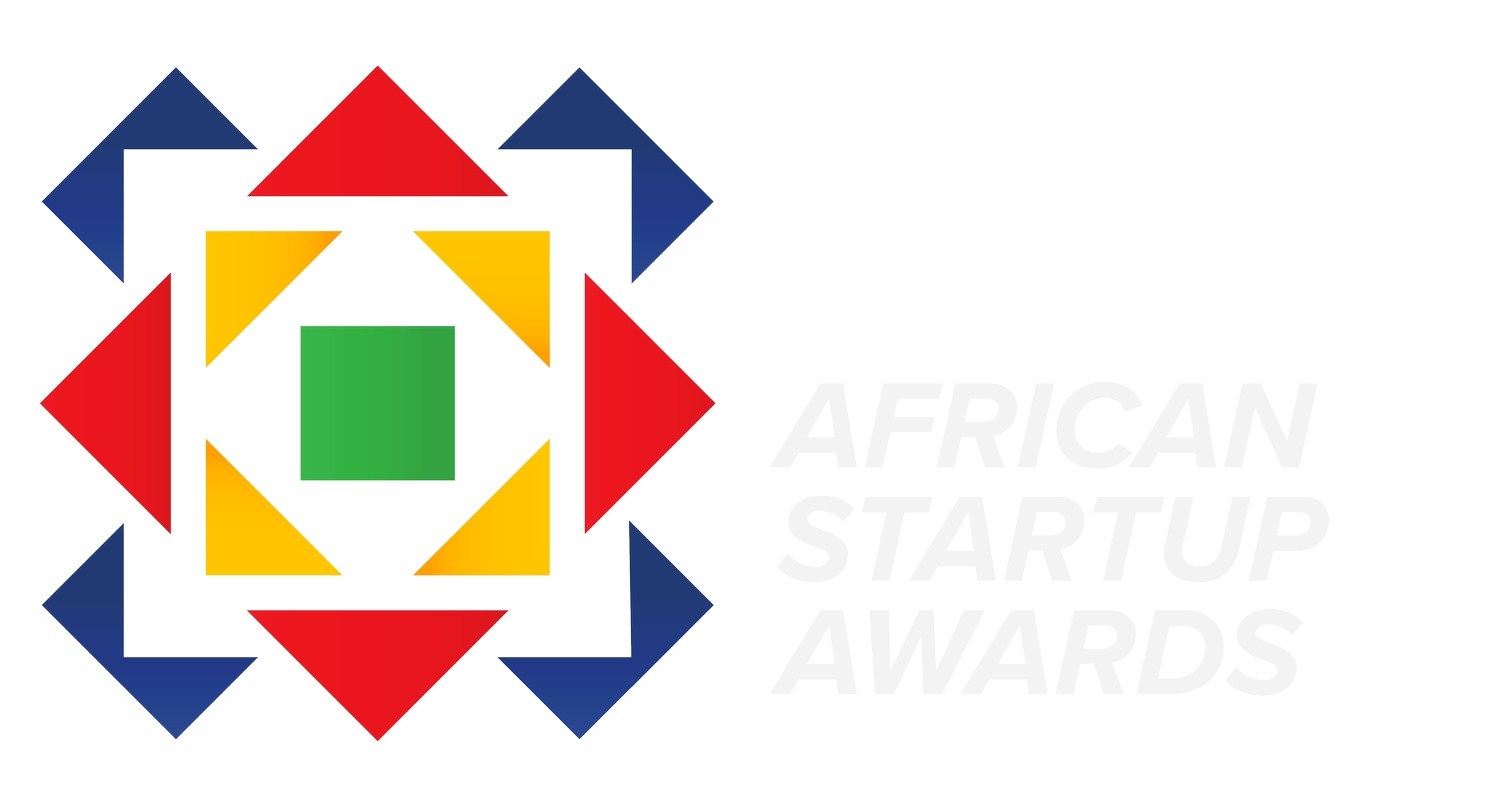
THE WORLD NEEDS YOU
ARE YOU IN?
GIIG AFRICA FOUNDATION NPC
INNOVATORS DRIVING CHANGE
With a vision to see African innovations contributing to global solutions, The GIIG Africa Foundation aims to discover, cultivate, and connect African tech entrepreneurs so that they have access to enabling resources, thrive in their businesses and develop their local economy while offering solutions to the world.
The GIIG Africa Foundation is committed to aligning with several thematic areas of the 2030 Sustainable Development Goals UN SDGS in balancing social, economic and environmental sustainability.
Through its programme, the Global Startup Awards Africa, the GIIG Africa Foundation will, find UN SDG aligned tech innovation startups from all 55 African nations, including women and youth. With the objective to impact Africa’s economy and world solutions by providing greater awareness of and therefore an upsurge in locally driven development (as opposed to development aid).
Following a selection criteria and a shortlisting of applicants, enterprise skills will be cultivated via an identification of gaps, before facilitating development tracks in business strategy, communications and marketing, networking skills, financial management, monitoring, impact measuring, mentoring and coaching.
SEE THE STATISTICS
Africa is the most vulnerable continent to climate change impacts, with 7 out of the 10 most exposed countries globally, on the continent. This is against a backdrop of having contributed the least to global warming and having the lowest emissions. Nevertheless, climate change also provides opportunities for Africa to harness its huge resource potential to achieve the targets of the SDGs. Addressing climate change in Africa will create significant market opportunities on the continent, especially for the private sector and institutional investors.
As an industry, the World Economic Forum has estimated that the African circular economy could be a billion-dollar opportunity with five new industries posing the greatest opportunities for people and the planet, being waste conversion, plastic waste recycling, mass timber, e-waste recycling, and recycled garments.
The UN has described the use of digital technologies in agriculture as something that will undeniably revolutionize the process. Farmers need to keep innovating to overcome various challenges and meet the demand. Digital technologies enable them to meet the requirements and seize growth opportunities.
Drone technologies combined with agronomy expertise, will enable farmers to reduce the use of fertilisers and pesticides, thus reducing costs, whilst at the same time, increasing yields. But, with so many in Africa denied traditional banking, solutions must be found to enable farmers to also access loans at affordable rates.
Unfortunately, it is a reality that across much of Africa, health systems suffer from serious inefficiencies and are widely inaccessible. For example, it takes around 14 years to train as a radiologist, and there are only 20 such experts on the entire continent. Annually, 30 million women in sub-Saharan Africa are without maternal healthcare where two thirds of all global maternal related mortality occurs.
Innovations in telemedicine, drones, big data analytics, wearables, and information management have brought the possibility of effective, affordable solutions into view, promising to improve overall health outcomes.
African e-commerce user growth is expected to increase by 50 percent by 2025, overtaking Asia which has the highest e-commerce user numbers globally currently. African Commerce Tech solutions are in response to the daily challenges faced on the continent and across many other developing nations of the world. Imagine not having a recognisable address; not being allowed a bank account or not knowing if your pharmaceutical products are counterfeit or not.
Africa is a global leader when it comes to female led businesses and has the highest percentage of women entrepreneurs in the world, with women making up 58% of the self-employed population. However, this is against a backdrop of a staggering $42 billion financing gap for African women, across the business value chain.
GET IN TOUCH
The Global Startup Awards Africa has unearthed some phenomenal, world changing solutions. Contact us to find out more.
jo@giig.africa




